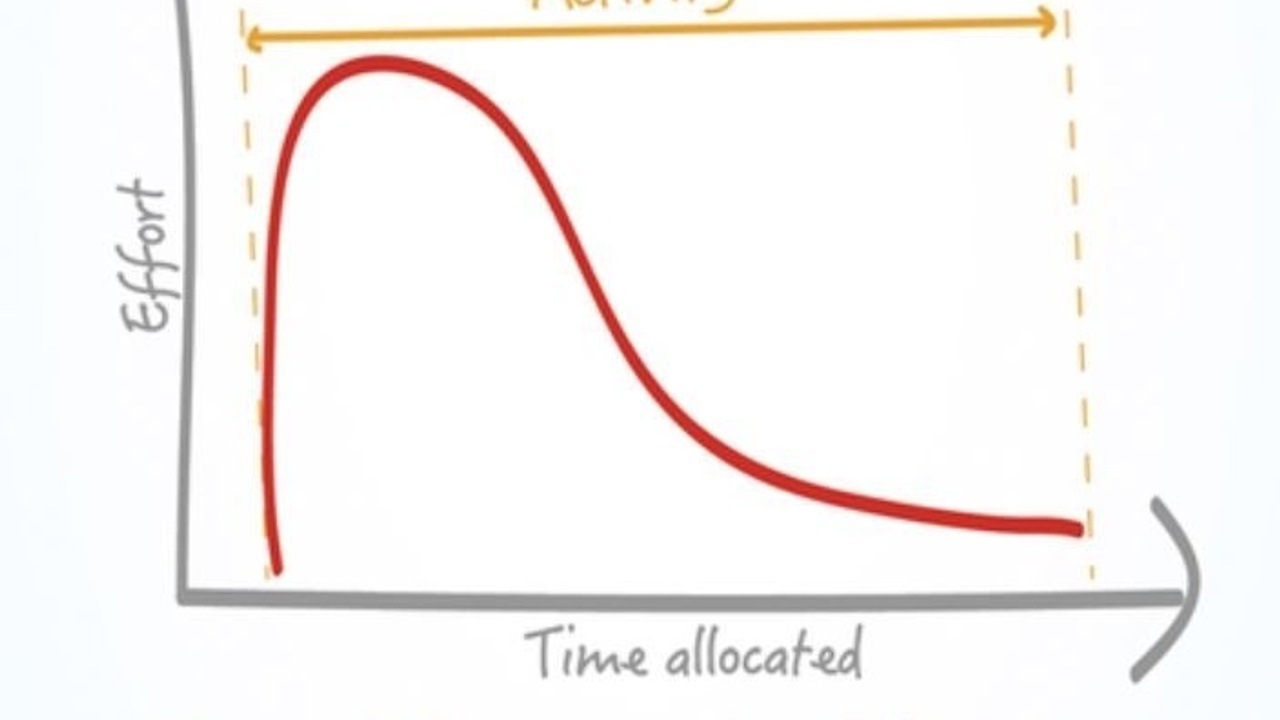Ever pad your schedule with extra time to make sure you can get something done EXACTLY the way you want?
You've got great intentions. You've set aside a bunch of time so you can focus. You've poured the perfect cup of coffee. You're ready to get going. Then before you know it, it's still not done.
You end up feeling more stressed and you have less accomplished.
This is me 10/10 times when I try to create the perfect environment for productivity.
It took me a long time to understand that overestimating how long something might take or giving myself a "cushion" was actually sabotaging my goals.
I wasn't the only person, or organization, who experienced this.
Cyril Northcote Parkinson articulated it beautifully in an essay published in The Economist, when he wrote:
‘Work stretches to fill the time that is available for its completion.’
Even though he wrote this in 1955, its words still ring true.
Let's talk about why this happens and what successful people do instead.
|
Time management is psychological.
We naturally pace ourselves and our work.
Set aside 1 week for a project:
It'll take a week.
Set aside 1 month for a project:
Most of the work will be done in the first week... but ultimately, it'll stretch out to fill the month.
Except now you'll have the added stress of procrastination
This is the science behind why most of us do our best work last minute.
Productive people use the 3 P's.
Photo credit to Aakansha Puri

The Pomodoro technique is working with no distractions on one thing for 25 mins.
The Pareto principle is focusing on key things that drive big results.
Parkinsons Law is timeboxing your efforts aggressively to avoid spinning.
Combine all 3 and you have the winning formula for productivity.
Here are some things you can implement today:
- Unless it is a working session, NEVER schedule a meeting more than thirty minutes… and that includes all the extra chit chat that my extroverted self does to build rapport and trust. Get clear, get intentional, ask for what you need & wrap it up as soon as you meet your objectives.
- Set realistic deadlines for tasks.
- Know your point of diminishing returns, meaning when is perfectionism required and when is it just a time sucker?
- Identify your 'zone of genius' and schedule your work accordingly. You will work faster and easier if you can go with your natural creative flow vs. against it.
|
|
|
See you again next week.
Cheers,
Aylin
p.s. Write Your Resume Like a Pro has officially launched. Snag your Step-By-Step Guide to Create Your Perfect Resume and Become an Interview Magnet here!
|
|
|
|


